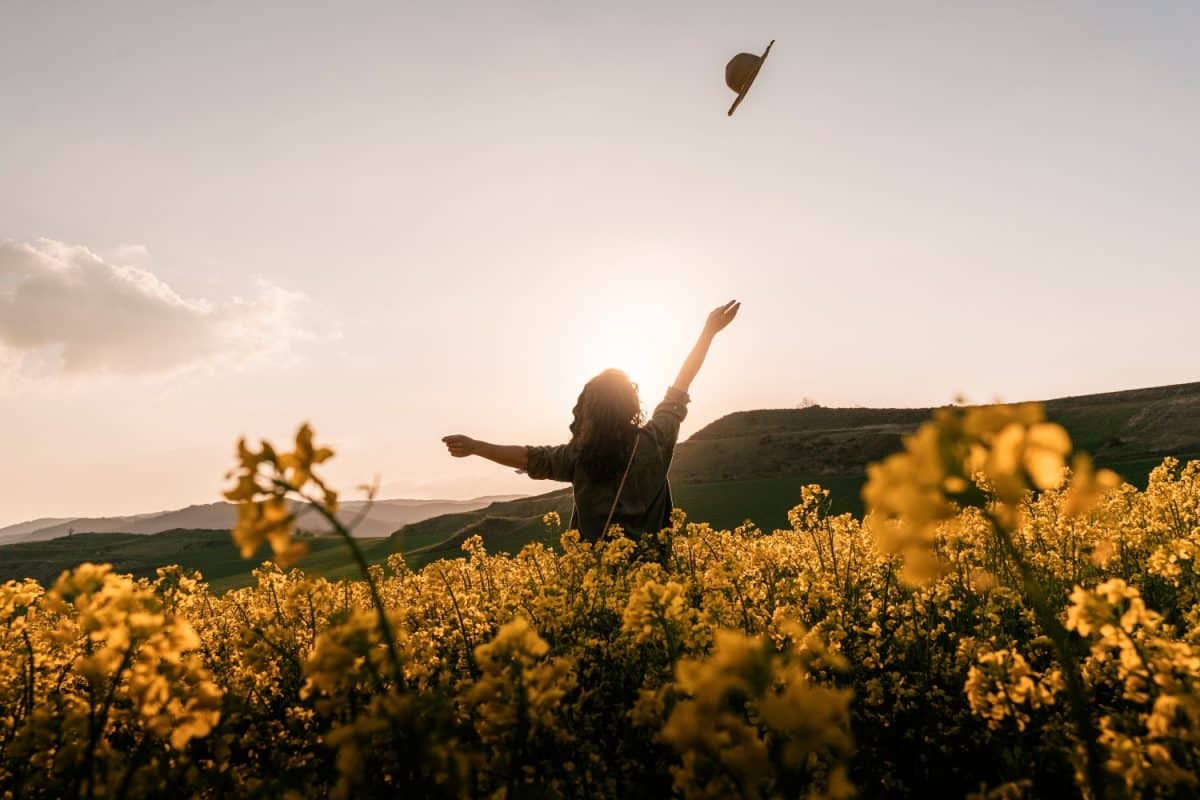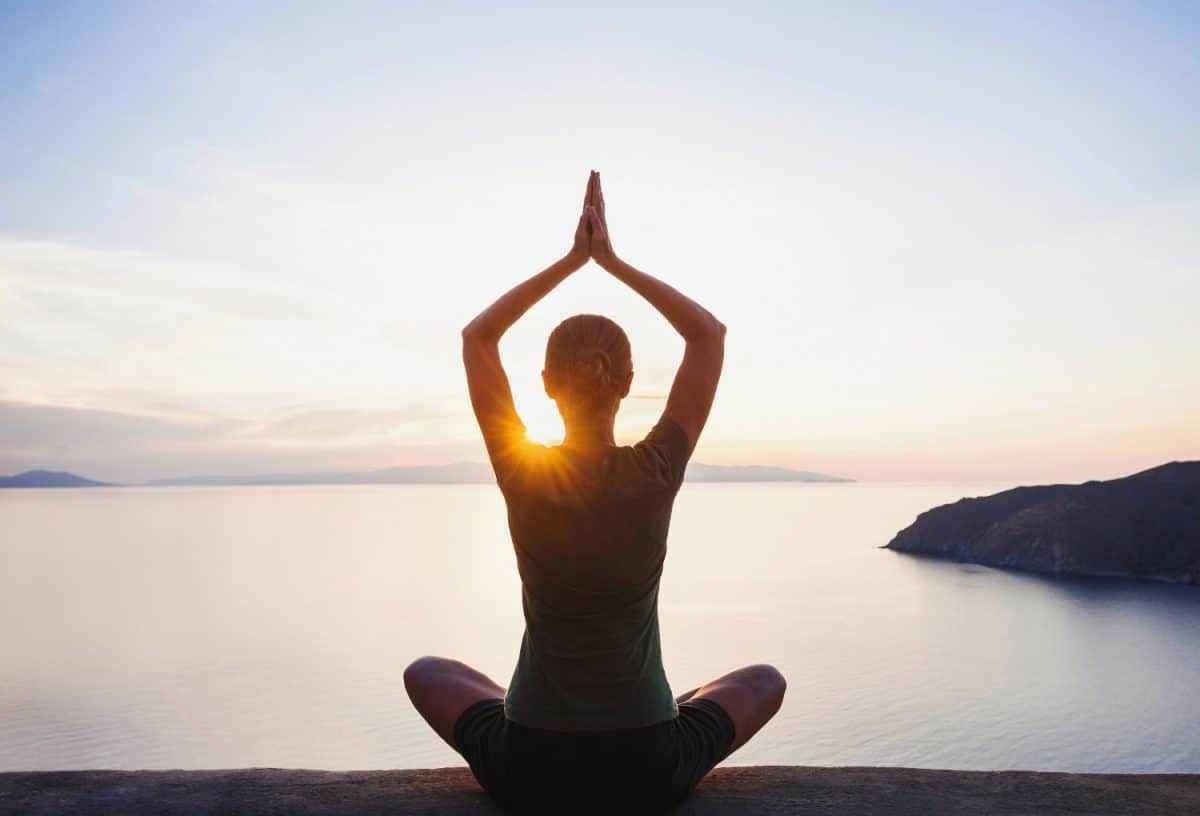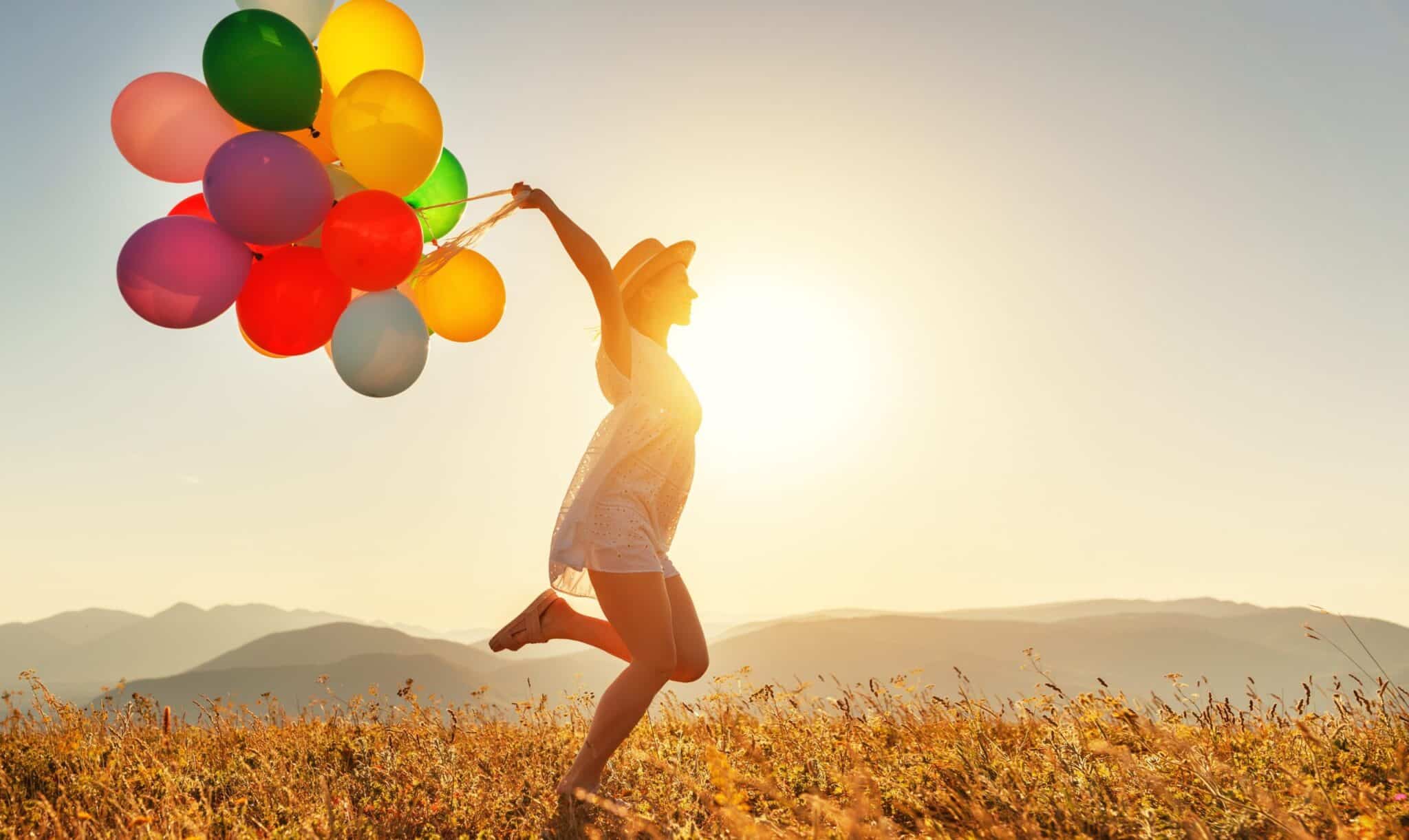The beginning of a new year is a great time to pause and reflect on the year that’s past – and to start looking ahead to make plans for the coming months. It also offers us an ideal opportunity to choose new, healthier habits and change anything that didn’t work so well for us last year.
Introducing the practice of gratitude into your daily life should be top of your list for 2023; proven to improve physical, emotional, and mental health – and bring greater happiness and joy. And who wouldn’t want all that for the year ahead?
What is gratitude?
The word ‘gratitude’ comes from the Latin word ‘gratus’, which translates as pleasing and thankful.
Gratitude is a positive response that we can have towards the people, things, or events around us. It’s about taking the time to consciously notice all the good things we have in our lives – things that we often take for granted – being truly thankful for them, and showing our appreciation.
Things to be grateful for come in all shapes and sizes, including family and friends, kindness from a stranger, good food, a sunny day, pets, connecting with others, a free weekend, laughter, physical health, music, the beauty of nature, and so much more. It should also include yourself!
Practising gratitude (and it does require ‘practice’ for most people) means focusing on all the things that are going well rather than dwelling on the negative, which helps us be in the present moment and generates positive emotions like joy and happiness.
“Some people could be given an entire field of roses and only see the thorns in it. Others could be given a single weed and only see the wildflower in it. Perception is a key component of gratitude. And gratitude is a key component to joy.” Amy Weatherly
What are the benefits of practising gratitude?

There’s a growing body of research showing the benefits of practising gratitude, which ranges from lowering stress levels to improving physical and mental health – and all this can be achieved in as little as three weeks.
Benefits for mental health include:
- Reduces stress, anxiety, and depression
- Improves mood and elevates your mindset
- Helps you feel more connected to others – strengthening relationships
- Increases optimism
- Improves self-esteem
- Fosters resilience and mental strength.
Benefits for physical health include:
- You’re more likely to take better care of your health, e.g., through increased exercise and a healthier diet
- Improves sleep quality
- Lowers blood pressure
- Increases immune function/lowers the risk of disease
- May lower the risk of nicotine/alcohol dependency, and drug abuse
- Reduces chronic pain.
Six simple ways to start practising gratitude in 2023
There are many ways to practice gratitude throughout your day, every day, and to make it a habit for life. Here are six ideas you can try out:
1. Train your brain
To reap the full benefits of gratitude, we need to work towards incorporating it into every possible moment in our lives – so that, over time, we don’t even have to think about it; we just do it. The great news is that science has proven that we can train our brains to experience thankfulness more often by simply paying attention to our lives in a different way.
2. Keep a gratitude journal

Take 5–10 minutes each day to sit and reflect on all the things you’re thankful for – and then jot them down in a gratitude journal. Be as specific as you can. You can do this first thing in the morning to get your day off to a positive start or in the evening before bed to quiet the negative committee in your head! Over time, as this becomes a daily habit, you will notice it positively reframes your thinking, silences negative thoughts, and brings many benefits into your life (as we’ve listed above).
3. Set up a gratitude jar
Similar to a gratitude journal, a gratitude jar is a mindfulness exercise. Take a little time each day to sit quietly and focus on the things you’re grateful for in your life – then, write them down on slips of paper that you put into a special jar. It’s a great way to build a new daily gratitude habit – and can involve the whole family. On tough days or at the end of each month, simply take out the papers and read them for a happiness boost.
4. Create a gratitude mood board or wall
Creating a gratitude mood board or wall is a wonderfully visual way to begin building the habit of gratitude. Take time each week to create a collage with pictures and/or words of everything you’re grateful for. Place it in a prominent position in your home to remind yourself daily of all your blessings. This helps to plant the seeds of thankfulness, increases positive awareness, and develops your attitude of gratitude over time.
5. Practice ‘three good things’ 10-minutes a day
‘Three good things‘ is an exercise in gratitude that’s easy to develop as a habit in just ten minutes a day. It involves listing three things that went well for you each day and adding details about the event – for example, where you were, who else was involved, and how it made you feel. If any negative feelings arise, gently refocus your mind on the positives. Within a few weeks, this practice can make a big difference in how you feel.
6. Practice a daily gratitude meditation

The benefits of meditation are endless for our mental health and well-being – and it’s completely free! You can design your own gratitude meditation to practice daily or follow a guided gratitude meditation until you gain more confidence. Many free audio and video sessions are available online to help you get started. All you need to do is find a quiet space, a comfortable sitting (or lying) position in which you feel relaxed, and take a few deep breaths to bring yourself fully into the present moment. Then simply follow your guided meditation.
As well as practising gratitude in the ways suggested above, remember to share your gratitude with others – spread the joy! This can include random acts of kindness, volunteering in your community, writing a thank you note or letter, giving a thoughtful gratitude gift, being an active listener for a friend in need, or thanking people that help you as you go about your day.
Practising gratitude – and sharing it with others – is by no means a substitute or cure for diagnosed mental or physical health problems. Equally, it isn’t meant to be used in a way that prompts feelings of guilt or shame when you feel you ‘should’ be grateful.
Instead, look upon it as a powerful habit to add to your mental health and wellbeing toolbox that will help you better navigate the year ahead – helping to build resilience, nourish healthy relationships, and celebrate joy and happiness.
If you’d like to find out how our programs and therapies at White River Manor can help you improve your mental health in 2023, please get in touch today. Our friendly, multi-professional team can help you or a loved one look forward to a happier and healthier new year.







